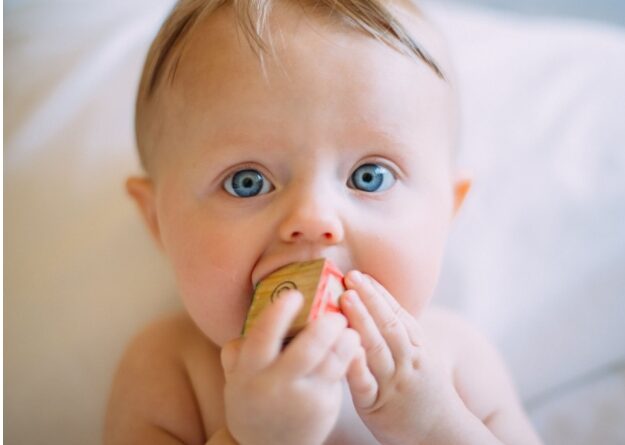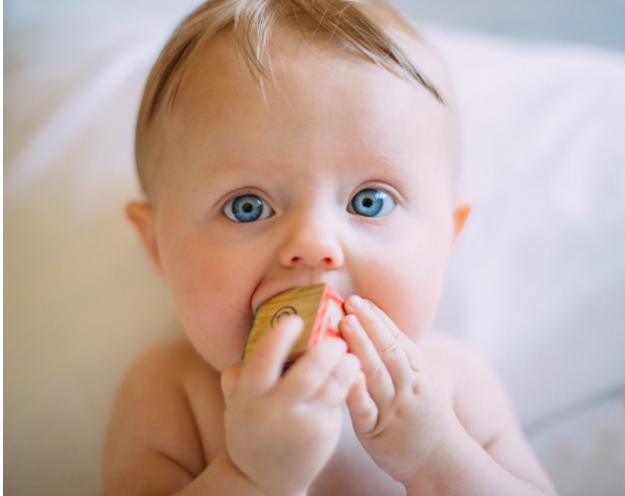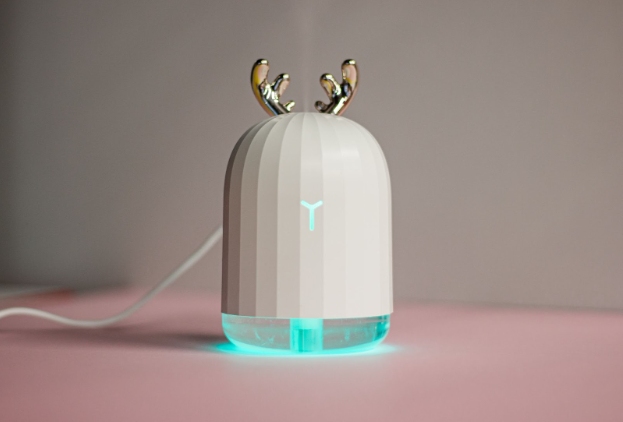What To Do When Your Baby Gets A Cold
There’s nothing worse than getting a cold as an adult, so you can imagine how stressful it might be for you and your baby when they get one.
Of course, it’s normal for babies to fall ill with common colds and viruses because their immune systems are not quite up to the job of defending themselves from all of the viruses that are out there. With every cold they get, their little bodies are fighting it and creating the white blood cells needed to fend it off.
However, it’s hard to see your baby going through it when they are experiencing a cold for the first time. Here are some tips to help get your baby out of the woods when it comes to a cold.
Give them extra fluids
Extra fluids are always good to have and it’s often said that when you have a cold, it’s good to stock up on the fluids. Warm or cold, the more hydration you give to your body, the more it keeps everything moist and for your children, that’s important.
Fluids will also help to quicken the process of flushing their system out of the toxins in their body that are causing the cold.
Try to nurse your baby more often where possible to help them soothe. In babies over six months, it’s worth giving them more fruit juice and water to help prevent dehydration. You might also want to introduce fluid-heavy foods when they’re at a point at which they are weaning off milk and onto foods.
Help out when it comes to mucus
If your baby is having trouble breathing, then you are very likely to feel panicked as a parent. It’s often because the mucus that is up their nose is often stuck and they’ve not learned how to expel it from their nostrils.
With that being said, it’s worth having some saline available to help flush out the nostril. You can also use little tools that are safe to use on the baby’s nostril to suck or pull out any mucus that might be making it hard for the baby to breathe through their nose properly.
As a baby, they need help from their parent to help remove the mucus, so stay on top of this when it comes to having a baby with a cold.
Use a humidifier
Sometimes, when it comes to a baby experiencing a cold, it’s often because their noses or throats are drying up. Hence the reason why it’s important for them to have plenty of extra fluids where possible.
If you’re looking to help with a baby’s cold, then consider adding a cool-mist humidifier to the room. This will add moisture to the air, which is useful to help your child feel a little more comfortable when sleeping at night or playing throughout the day.
There are also different types of baby coughs that are worth knowing, if your child is experiencing a barky type cough, then inhaling warm steam in a bathroom or being exposed to cool air, may help.
Make sure they’re getting plenty of rest
When a baby is sick, it’s not uncommon that they get more stressed out and therefore their sleep becomes affected as a result.
It’s definitely worthwhile making sure that your baby is getting plenty of rest and when they’re sick, they get more than they’d usually get.
The reason for this is that sleeping and rest in general, speeds up the healing process of your baby’s health.
Provide them with all of the comfort
Comfort is something a baby need when they’re sick because they may not be able to process what is happening to them when they’re sick or coughing constantly.
Having that comfort time with their parents is something that they’ll appreciate and be soothed by.
Keep anyone away that’s sick
While it might be hard for those who want to come visit your baby in those initial few months of their arrival, you want to keep anyone away who’s sick. You’re well within your right to say that if you’re feeling ill, you keep them away from your baby.
Even when your baby is ill, having other sick people around them, is not going to help with improving their immune system.
Take them to the doctor if you’re worried
Lastly, if you’re ever worried about the baby and the type of cold or illness they have, go to your doctor. It’s better to get professional advice than to continue worrying at home.
Colds are typical for babies to experience when they’re young and as their immune systems are developing. Use these tips to help them recover quickly!






